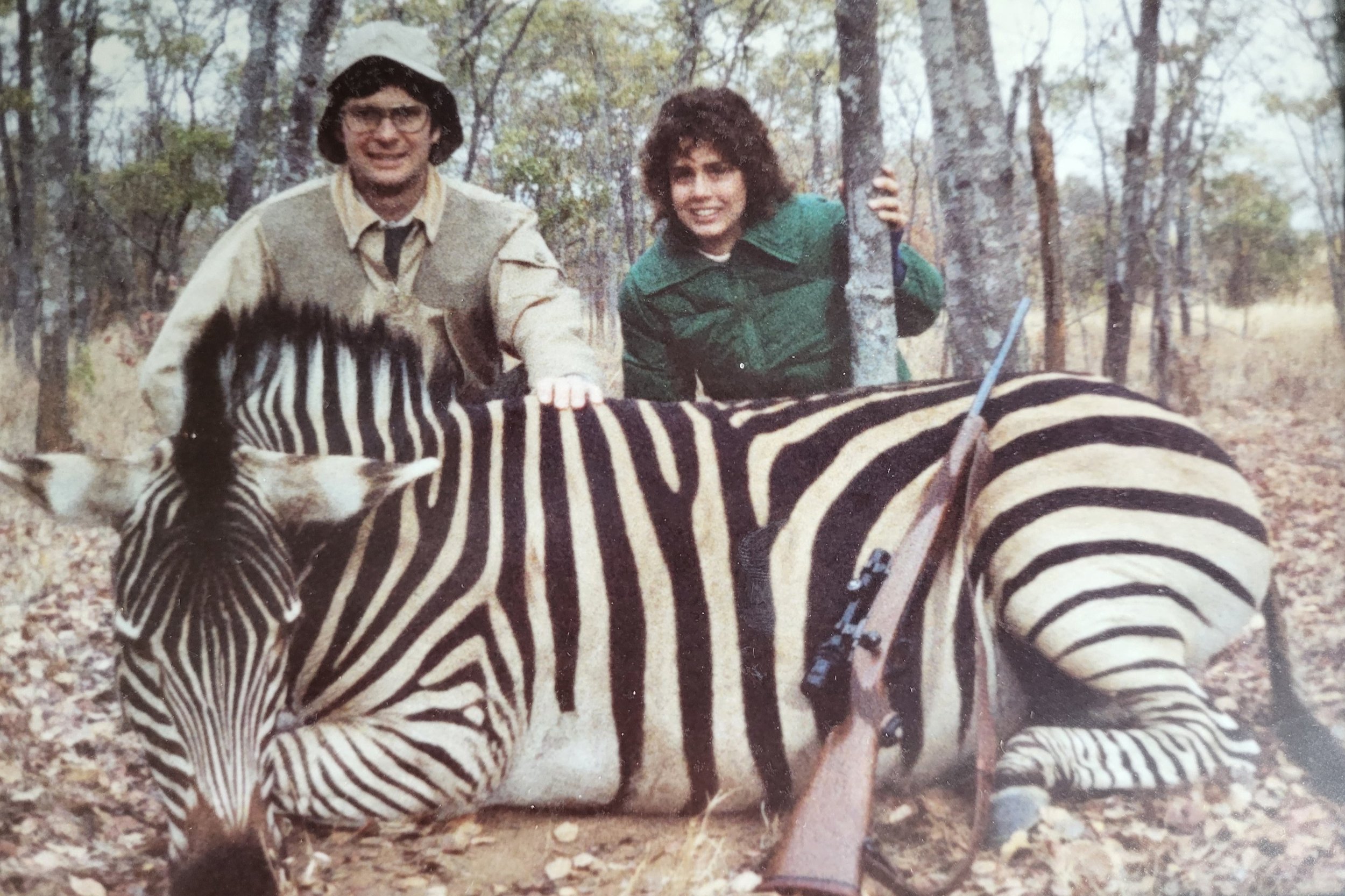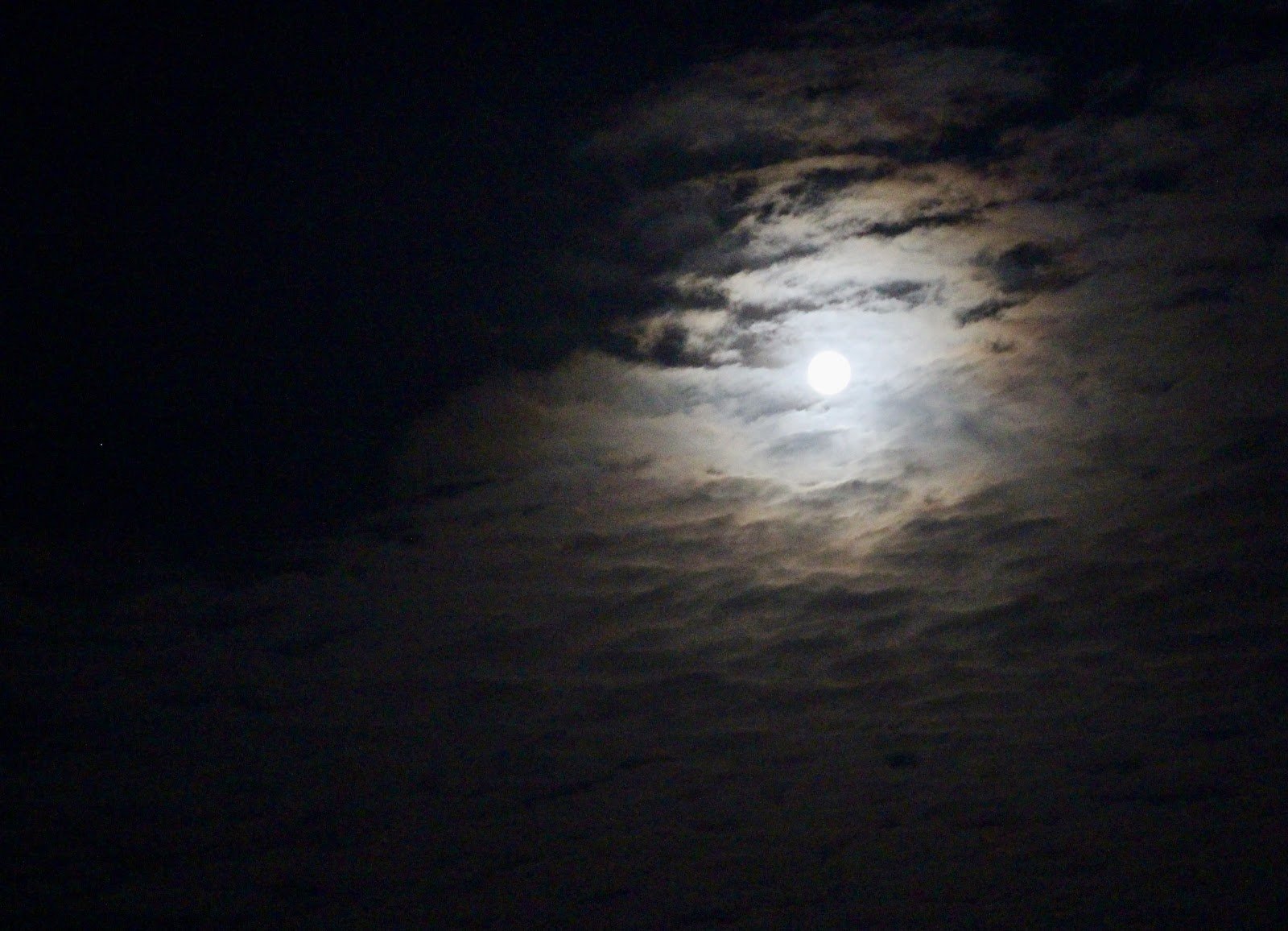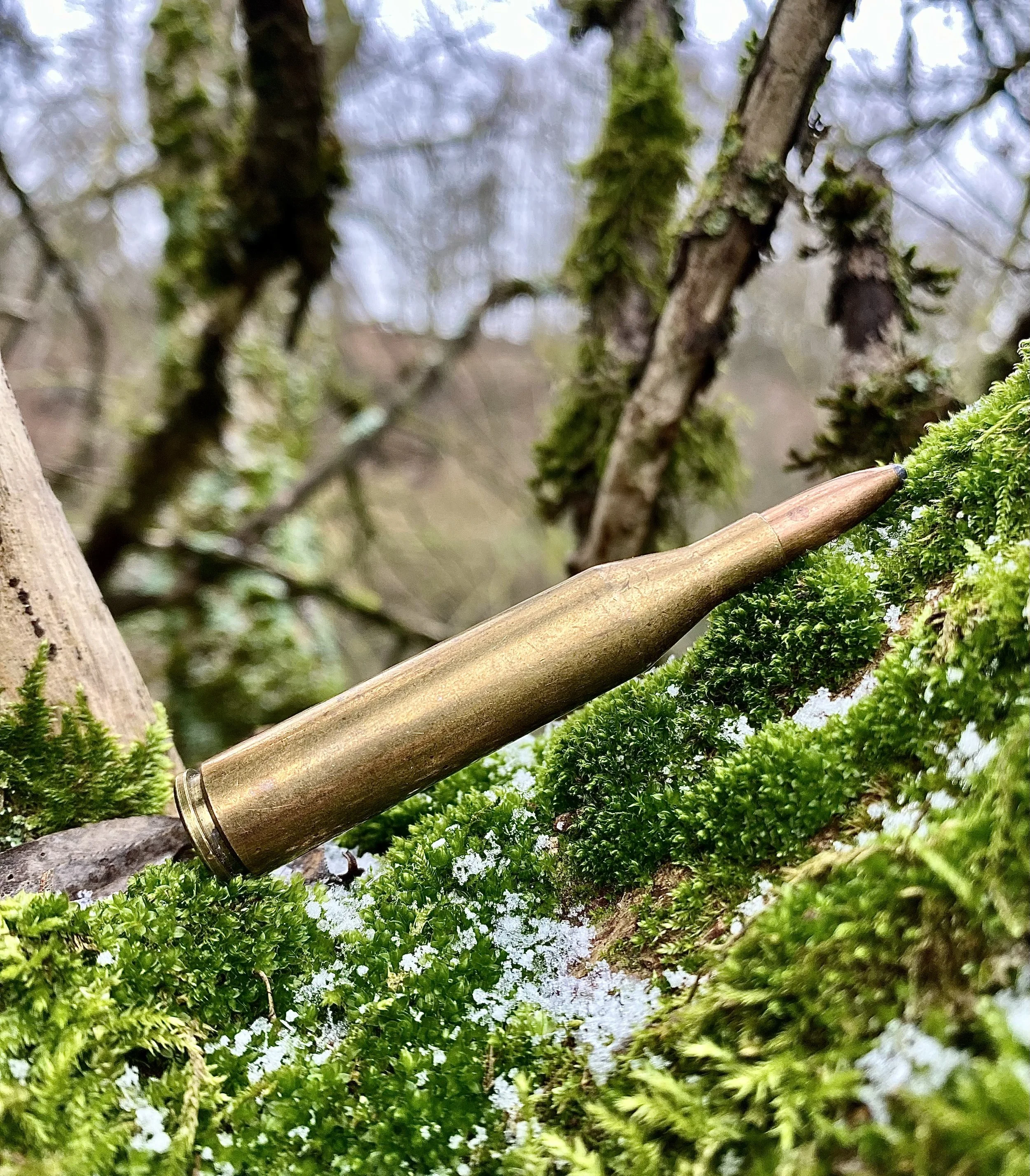Mystery Lake Revealed
Our little "guess the place" contest proved too easy. We imagined readers would need a half dozen clues before figuring this one out. After all, how many of us have seen this isolated lake at the base of the highest peak in Alaska's Brook's Range, 9,020-foot Mount Chamberlin? But hunting guide Hans Haake must know Alaska pretty well, because he nailed it as Peters Lake in short order. I was lucky enough to spend a week here while hunting Dall's sheep, interior grizzlies and barren ground caribou with Dwight Van Brunt of Kimber years ago. We were "test driving" the Kimber Model 8400 in the then relatively new 300 Winchester Short Magnum. Alas, I never had an opportunity to direct that rifle at game. The place was empty. Well, not quite empty. We glimpsed five caribou cows and one medium-sized bull on the far side of the big lake and a band of a dozen Dall's ewes and lambs on the ramparts of Mount Chamberlain. The bulk of the caribou had already migrated over the mountains to the south, dragging with them the predatory bears and wolves that eat them. Since the sheep rut doesn't start until November, Dall's rams were undoubtedly in a bachelor band well away from the ewes.
Fortunately, Lake Peters was home to lake trout, Arctic char and grayling and we had one cheap spin-cast rod with a functioning old Johnson reel and a couple of #1 Mepps spinners. I supposed most anglers have dreamed of finding a lake in which fish are stacked like cordwood and eager to be pulled from the stack. Peters Lake fish were. From the gravel shore we could see char, lake trout and grayling calmly and innocently hovering just off shore. Any time we wanted a closer look at one, we merely had to toss an orange Mepps into the school and hang on. Cast, set, fight, land, dislodge hook, release fish, wash hands, stick hands in pockets to warm them up and cast again. Fishing paradise, right? Maybe a touch of fishing hell, too. What most dreaming anglers don't realize is that when fishing is this easy, it quickly becomes work. And when the water is nearly frozen, well, after a few fish, what's the point? "Here, you catch some" quickly became "No, you keep fishing." Everyone -- Dwight, our guide and I -- was fished out within 15 minutes each day. But the hunting was worse. Too many fish, too few mammals. We glassed, we hiked, we climbed and glassed some more, to no avail. Fortunately, I had my cameras and some of the most ethereal landscapes on Earth. See more photos of the lake and our yellow tents here. The Brook's Range, North America's northernmost mountains of any significance, are also our northernmost continental divide. Waters on the north slope flow to the Arctic Ocean while those on the south slope head down the Yukon to the Bering Sea/Pacific Ocean. These mountains also represent the northern tree limit. There are black spruce and aspens on the south side, but all you'll find are a few stunted poplars on the north slope. Beyond that, isolated patches of dwarf willows are as close as you'll get to trees. Or firewood.
After a couple of days at Peters Lake, Dwight got flown to another part of the Range. I was scheduled to join him the next day, but, as often happens in the far north, weather moved in, the bush plane didn't, and I spent the rest of the hunt photographing and fishing Peters Lake. I wouldn't complain if I had to go back and do it again. The Brooks Range is one of the most starkly beautiful places on earth. Even without sheep, caribou or grizzlies.
















